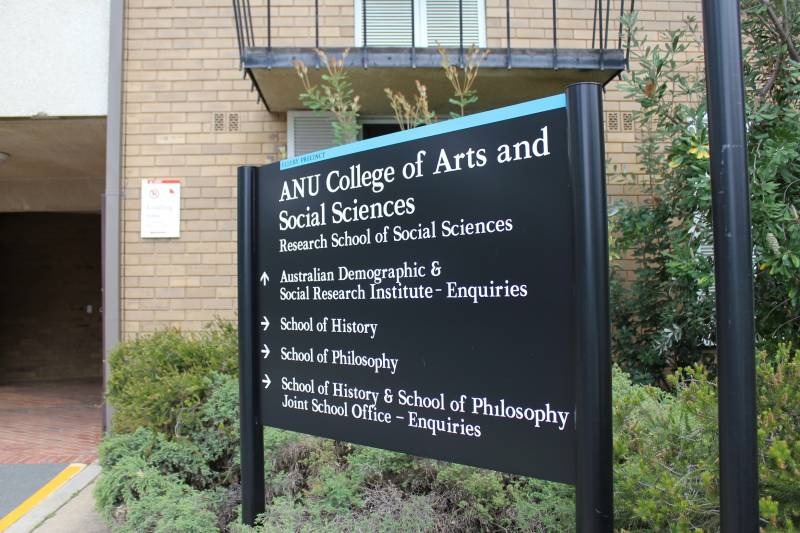The College Representative Council (CRC) raised their concerns about Proctorio, course cuts and word limits this past Wednesday.
The major item of the meeting was the ANU’s use of the controversial online invigilating software, Proctorio. The university’s current policy allows individual course convenors to decide whether or not to use the proctoring service.
Representatives expressed consternation about the impact of this policy not only on security, but on equity too. The CRC was especially concerned about how online proctoring disproportionately affects disadvantaged and disabled students.
“All we want is for uni [sic] to be equitable,” lamented ANUSA Vice-President Chido Nyakuengama.
In the past, ANUSA has campaigned against the use of the online proctoring service. This semester, the ANU has shifted its approach. ANUSA President, Christian Flynn, explained that by allowing each individual course convenor to decide on whether to use Proctorio, the university has “decentralised” the responsibility, making it difficult for the students association to mount an effective campaign against the policy.
Flynn said the university’s justification for the use of Proctorio is based on a supposed increase in academic integrity violations. Yet, he claimed the university has not shown him the data proving an increase in academic misconduct despite his numerous requests for evidence.
The CRC also raised the issue of course cuts, which have been a persistent issue at the ANU. College of Arts and Social Sciences (CASS) representative, Charlotte Carnes, praised the high turnout for ANUSA’s anti-course cut initiative. However, the effects of this advocacy on actually stopping course cuts are yet to be seen.
CASS will be holding a Program Disestablishments Town Hall on Thursday the 25th of August at the Centre for Arab and Islamic Studies and on Zoom.
Carnes had some advice for students attending: “Be aware of the rhetoric and the language that they use… be cautious, and ask direct, closed-ended questions.”
“I think students should be very very careful about everything they hear,” warned ANUSA General-Secretary Ben Yates. His suggestion was to “ask them [CASS staff] for specific guarantees.”
Yet another topic raised that affects student’s is the standardisation of word count penalties. This came to the attention of the CRC after they discovered that a student at an anonymous College was penalised 50% on an assessment for writing 250 words over the limit. The student supposedly believed the College followed the same 10% plus or minus penalty as other Colleges.
The CRC discussed the possibility of advocating for a standardised word limit penalty across colleges and the merits of each college’s current policy.
The CRC also discussed, with no actions to be taken: the return to campus and lack of online classes going forward; the ANU’s move to passwordless sign-on; and changes to graduation ceremonies.
The next CRC is on the 2nd October, and the CASS Town Hall is this Thursday. Woroni will bring you coverage on both.
We acknowledge the Ngunnawal and Ngambri people, who are the Traditional Custodians of the land on which Woroni, Woroni Radio and Woroni TV are created, edited, published, printed and distributed. We pay our respects to Elders past and present. We acknowledge that the name Woroni was taken from the Wadi Wadi Nation without permission, and we are striving to do better for future reconciliation.
